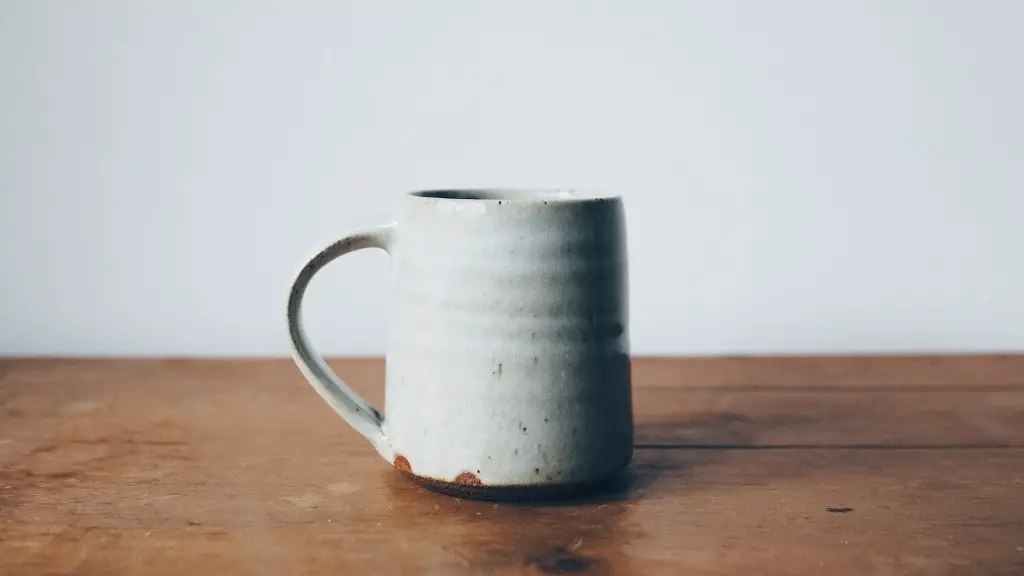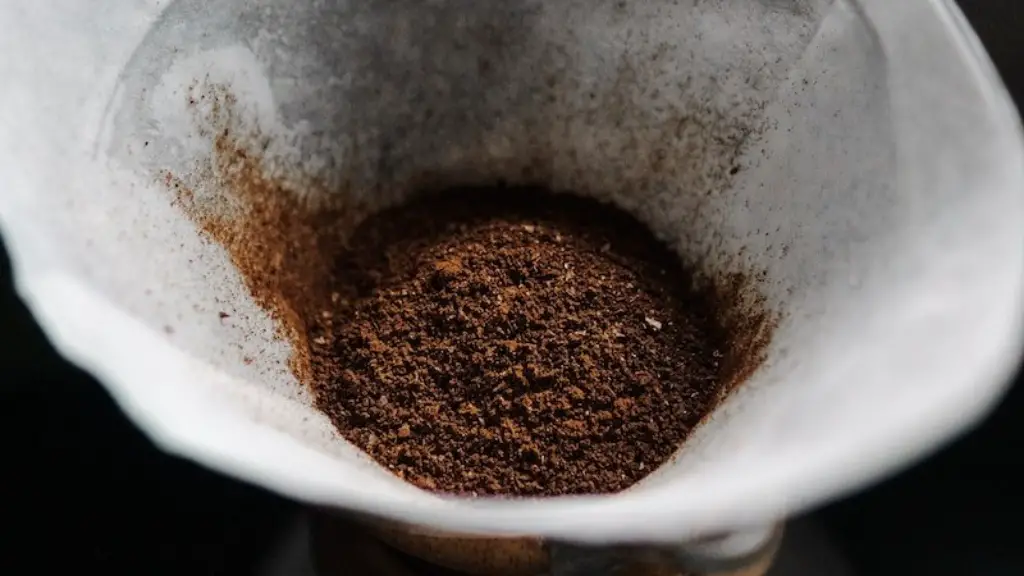Coffee is one of the world’s most consumed beverages, so the question of including it in a gout diet can be an important one for those with the condition. Though there have been many conflicting opinions about the benefits or risks of drinking coffee with gout, there are definitely certain facts to consider when exploring this conversation.
Gout occurs when the body has too much of a compound called uric acid in the blood. This excess uric acid is generally broken down and eliminated from the body naturally. But sometimes, the body cannot process enough uric acid, which leads to a build-up and crystalizaion of the acid in the joints, leading to painful inflammation and swelling. Since the majority of studies indicate that coffee can influence the way that uric acid is processed in the body, many ask if it is safe to consume coffee with gout.
According to some research, like a 2011 study in the journal Arthritis & Rheumatism, drinking more than four cups of coffee each day may result in an increased risk of gout. But this is thought to be affected by the fact that other foods and beverages associated with a higher risk of gout, like red meat and sweetened beverages, are also common in the diets of those who drink more than four cups of coffee per day. This same study suggested that caffeine itself does not have any effect on increasing uric acid levels, but that other compounds found in coffee called purine may have an impact.
On the other hand, other research from the same year, published in the journal Arthritis Care & Research, suggested that the risk of gout was higher in those who drank at least three cups of coffee per day in comparison to those who drank lower amounts, but the risk still remained relatively low overall. Additionally, it was highlighted that there was no greater risk associated with decaffeinated coffee, suggesting that it may in fact be the other compounds, rather than caffeine itself, that cause potential danger to those with gout.
Despite any potential risks associated with coffee, experts agree that the best course of action for those with gout is to monitor underlying causes such as diet, alcohol intake, and vitamin deficiencies, and manage their symptoms with medications and lifestyle changes, rather than completely avoiding coffee. Those with gout should discuss with their doctor the impacts of coffee on their condition and the advisability of drinking coffee with their condition.
Overall, doctors are still unsure as to whether or not it is safe to drink coffee with gout, although research has shed some light onto the topic. Ultimately, as with all medical questions, it is best to speak with a medical professional about the best way to manage one’s condition, and that may include the occasional cup of coffee.
Treating Gout
Gout is an inflammatory condition caused by an excess of uric acid in the bloodstream. Treatment of gout typically involves lifestyle changes such as reducing alcohol and purine-rich food consumption, increasing fluids, and avoiding activities that can exacerbate symptoms. Additionally, the use of medications such as anti-inflammatory drugs and medications that decrease the production of uric acid may be recommended by a doctor.
It is also important to pay attention to any food triggers that may lead to flares of symptoms. This may include certain citrus foods, dried beans, and low-quality meat products. Each individual may have different food triggers, but it is important to pay attention to any foods that can increase your risk of developing gout flare-ups, including coffee.
It is important to note that diet alone may not be enough to manage the condition, and medications may still be necessary. But understanding what foods may increase your risk and how to safely consume them can be very helpful in managing gout. While coffee may be a trigger for some, discussing with your doctor the potential benefits or risks associated with its consumption can help you determine if it is safe for you to include coffee as part of your gout diet.
Benefits of Drinking Coffee
There are many potential benefits of drinking coffee daily. Studies have consistently found that coffee consumption can help protect against cardiovascular disease, including coronary heart disease and stroke. It has also been associated with a decreased risk of diabetes, Alzheimer’s disease, and certain forms of cancer.
Coffee is also a source of antioxidants and anti-inflammatory compounds, which are important for overall health and the prevention of chronic conditions. In terms of the effects on gout, studies have found that moderate coffee consumption was not associated with an increased risk of flares or worsening symptoms.
Overall, it has been suggested that there may be some beneficial effects associated with moderate coffee consumption for those with gout. Still, as with all medical questions, one should consult a doctor in order to determine what is best for their individual situation.
Coffee Alternatives
Though research suggests that moderate coffee consumption may be safe for those with gout, those with more severe symptoms may want to consider other caffeine-free alternatives. In addition to water and decaffeinated coffee, there are a few other lower-inflammatory options available.
Herbal teas are widely available and can be a great source of health-promoting compounds such as antioxidants, minerals, and vitamins. Chamomile, green tea, and ginger tea have all been linked to reduced inflammation, and may be a great choice for those looking to reduce the risk of a gout flare. Again, it is important to discuss with a doctor the best possible beverage choices for each individual.
In addition to teas, certain foods can also be beneficial for those with gout. Low-purine vegetables such as onions and garlic have been linked to decreased pain and inflammation. Vitamin C supplements may also be beneficial, as a lack of vitamin C has been associated with higher levels of inflammation and pain.
Finally, those with gout may want to focus on following a diet rich in fruits and vegetables, which can provide essential vitamins and minerals while reducing the risk of increased uric acid levels. Eating a balanced diet can not only help manage gout but also help prevent other chronic diseases.
Gout and Caffeine Sensitivity
In addition to considering the effects of coffee consumption on gout, it is also important to consider any potential caffeine sensitivity among those with the condition. Some might find that consuming caffeine in any form can lead to increased symptoms and make them more prone to developing gout flares due to the caffeine-induced production of cortisol, a hormone that has been linked to inflammation.
To determine whether caffeine sensitivity is an issue, those with gout can experiment with avoiding coffee for a period of time, and then reintroducing it in order to determine if there is a difference in their symptoms. Again, talking to a doctor about controlling and managing gout is the best way to determine the best treatment course for each individual.
Nutrition for Gout
Nutrition is an important factor to consider when managing gout, as diet can play a big role in the condition’s overall severity. Eating a diet that is rich in fruits and vegetables, with whole grains and plenty of lean proteins can help promote overall health while managing gout symptoms.
In addition to a balanced diet, it is also important to pay attention to any potential food triggers. Certain foods such as red meat, organ meats, and processed foods can all lead to increased levels of uric acid, and can be avoided in order to decrease gout flare-ups.
It is important to note that it is not sufficient to just reduce the consumption of purine-rich foods in order to reduce the risk of gout. Other lifestyle modifications are also important, such as increasing physical activity, reducing alcohol intake, and obtaining proper sleep.
Conclusion
In conclusion, while the effects of coffee consumption on gout remains uncertain, it is important to keep in mind that both purine-rich foods and lifestyle modifications can play a big role in easing the symptoms of gout. Coffee in moderation may be safe for those with gout, but it is always best to discuss any dietary changes with a doctor first in order to best manage one’s individual gout condition.





